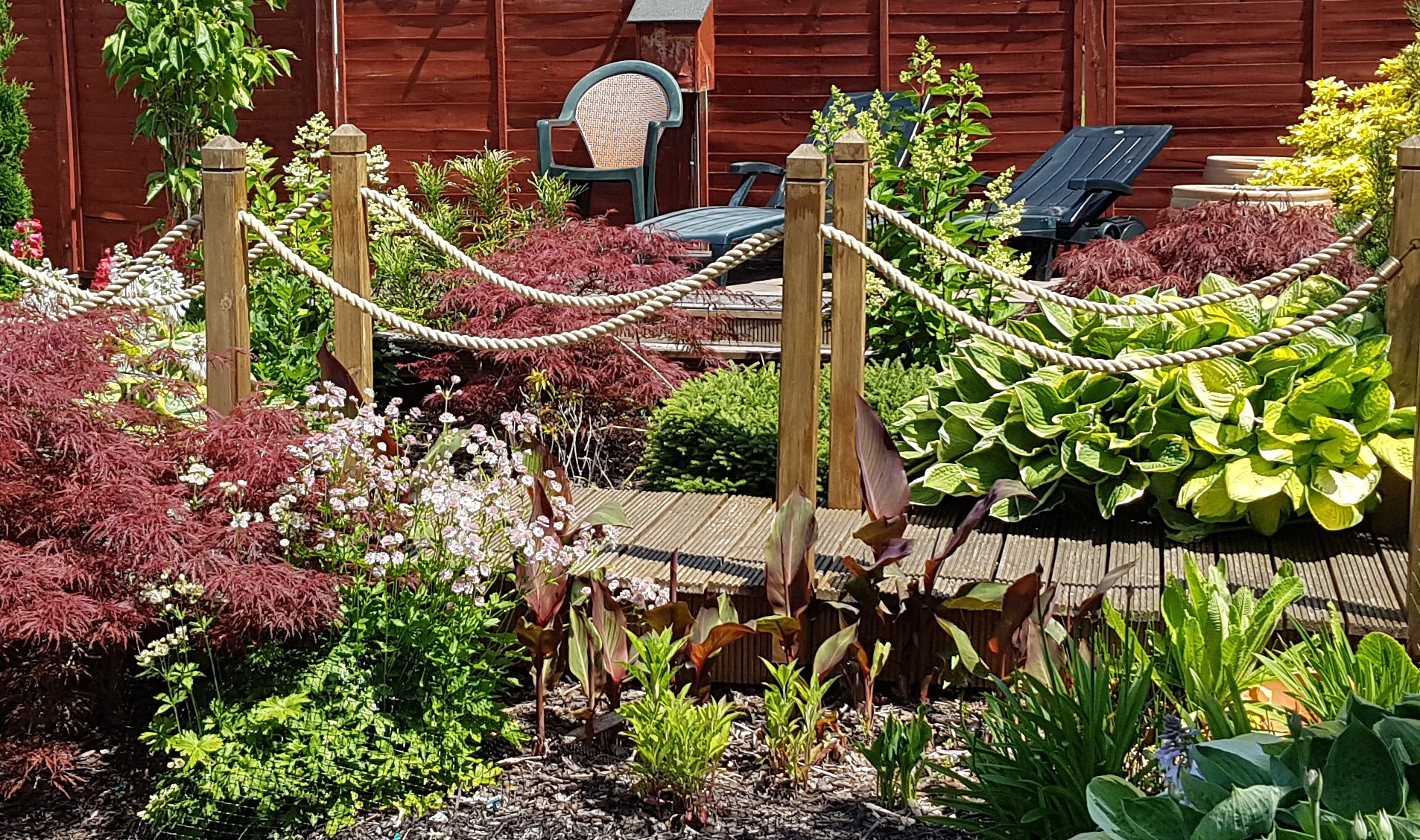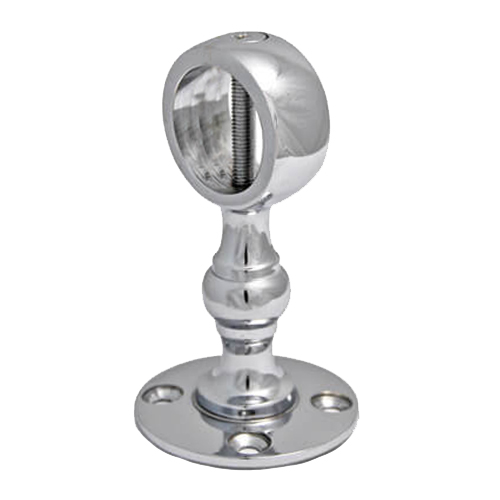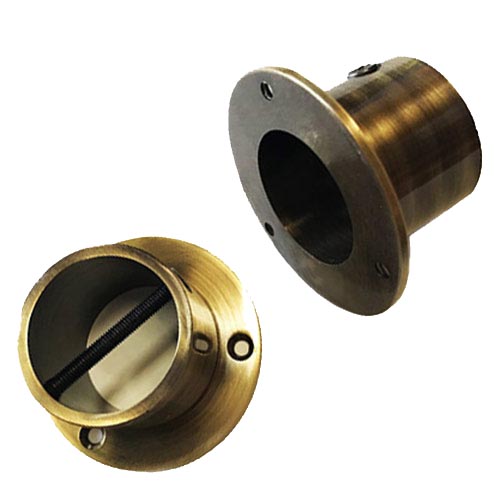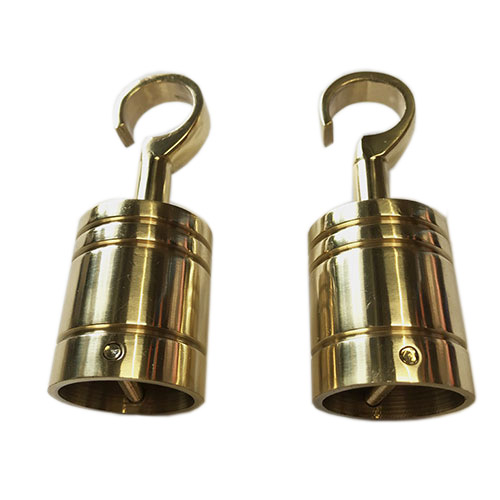Is it time to revamp your garden? Decking rope can be a simple yet effective way to enhance your personal space and make it all the more homely. It's a chance to add textures and focal points to your garden, section off areas in an attractive manner, or even make small spaces appear larger.

The main thing to consider when it comes to decking rope is that you want something that not only looks good but is suitable for the job. It can be hard finding the balance between a rope that's durable, long-lasting, and weather-resistant, versus a product that naturally blends into your garden.

In most cases, hardy hemp is your best bet. This natural-looking rope is in fact synthetic, meaning it's a sturdy, durable product that still blends in to the natural, rustic vibe of garden and decking spaces.
Key features:
We supply hardy hemp in a range of diameters, from 4mm to 36mm, so you can get the perfect size for your garden.

Whilst hardy hemp is generally your best option for decking rope, it's worth knowing a bit about its main competitor, manila. Both ropes are fairly similar, however manila is made of natural fibres, whereas hardy hemp is a synthetic product. Manila is quite rough to handle, but this can add texture and give your garden a rustic feel. It's also great for the environment as it will biodegrade over time.
Manila shares its name with the capital city of the Philippines because this is where the abacá trees grow. Manila rope is made from their leaves. This natural rope is often used around animals, such as in wildlife enclosures and zoos, as the material is less harmful than plastic-based products. Manila rope will shrink when wet and breaks down over time if exposed to animals or regularly handled. While manila may have the aesthetic you're looking for, it's not always the most reliable.
Key features:
WHAT ELSE DO I NEED?
Once you've picked the rope that's best for your garden, you need to consider how you are going to display it or fix it in place. Are you planning to wrap your rope around a fence, or line it along the edge of some decking, perhaps? Do you need knots along your piece? Is it going to be screwed into place? These are all relevant questions.

Brackets are a tidy way to secure your rope in place. Typically, a soft eye is spliced into the rope. This is a strong, secure attachment which still allows movement. However, do bear in mind that as the rope's diameter increases, the eye will become chunkier and more challenging to splice.
ROPE CUPS

If you'd like something a little less bulky than brackets, rope cups may be a better option. The cups are secured in place with a screw which goes through the rope. The screw is hidden under the cup meaning the finished look is very clean.
However, this means we need to know precise measurements for your cup placements, so we know where to drill through the rope. If you're unsure, we can always supply the cups for you to screw on yourself once you receive your order.

Our four-hole ring plates are similar to brackets, as they can also be attached with a soft eye. However, rope can also flow easily through them if you wanted to secure your decking across a fence or fixture.

Why not combine your ring plate with a man rope knot to keep your decoration in place?

You may prefer the look of a hook at the end of your decking rope. These are particularly handy if you're likely to be moving the rope around a lot, compared to a more secure fixture.

Trigger clips work well when cordoning areas off. Rope can be an effective way to create a subtle barrier in your garden which wont compromise the general look and feel of your space.
A FEW TIPS...
Be generous. When measuring how much rope you need, consider adding a little extra if you'll have to tie off the ends or wrap rope around fixtures.
Be realistic. You might love the look of a natural rope, like manila, but remember that it will last less time than synthetic alternatives, and risks rotting and losing its shape.
Be adventurous. If you're taking the time to decorate your own space, make it personal to you and don't be afraid to get creative.
If you need some inspiration for your garden and decking space, take a look at our Pinterest boards.